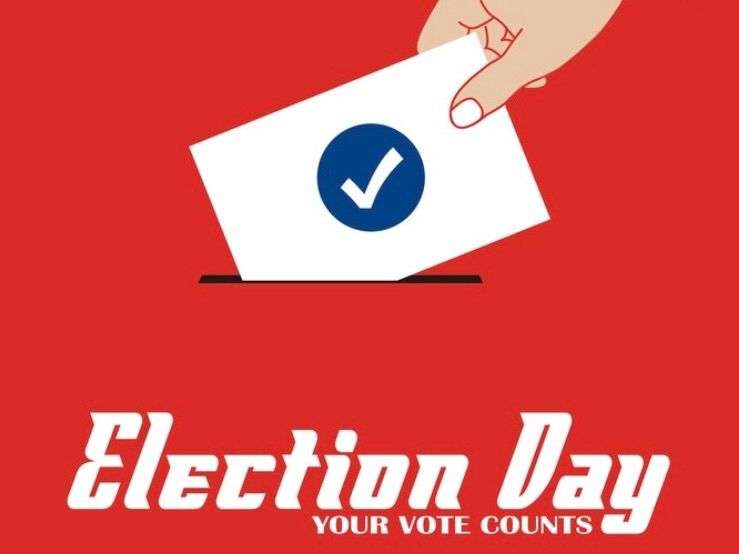- A single disputed proxy vote led AFRINIC’s NomCom to halt and annul the entire board election on June 26, disenfranchising many members.
- ICANN formally rebuked AFRINIC, warning of regulatory action, and Mauritius court granted a new election deadline of September 30.
One proxy, hundreds of votes lost
On June 23, 2025, AFRINIC held its long-awaited board election, allowing both online and in-person voting. To support participation from less-connected areas, many members—particularly small ISPs—relied on proxy voting via firms like Number Resource Limited (NRL). But just minutes before polls closed, AFRINIC’s Nomination Committee (NomCom) abruptly halted the process after staff flagged a single disputed proxy ballot—quickly labeled the “phantom proxy”. Despite no clear evidence of coordinated fraud, NomCom invalidated the entire election on June 26, citing potential irregularities.
The move triggered immediate backlash. NRL confirmed that less than 20% of its submitted proxies had been counted when the vote was stopped (NRL proxies). Critics warned that halting the election based on one contested proxy unfairly disenfranchised hundreds of members, most of whom had complied with AFRINIC’s established rules and documentation standards. Proxy voting, they argued, had long been a necessary—and accepted—mechanism to include Africa’s widely dispersed technical community.
This is not the first time AFRINIC’s election system has come under fire.
People were already frustrated long before this year’s mess. In 2023, the board transition broke down after disputes over how proxy votes were handled and who got to decide the rules. There was an internal probe, but nothing really came of it. What made it worse was that NomCom—supposed to keep things neutral—is picked by the very board it’s meant to oversee. That’s been a sore spot for years. After everything, people started saying out loud what they used to just whisper: maybe NomCom needs to go.
Also Read: AFRINIC election ‘fraud’? Where’s the evidence, and who will face justice?
Also Read: What is AFRINIC? The role and challenges of the African Regional Internet Registry
ICANN Intervention, But Can Trust Be Repaired?
Days later, ICANN, the internet’s global coordination body, formally intervened. It issued statements urging transparency and warned AFRINIC of possible sanctions. In early July, the Mauritius Supreme Court sided with ICANN and ordered the election to be rerun under judicial supervision, setting a new deadline of September 30, 2025. A receiver, Gowtamsingh Dabee, was appointed to oversee the process and ensure compliance.
Yet the damage to community confidence may be harder to reverse.Concerns about AFRINIC’s internal decision-making didn’t start this year. Members have previously questioned how much say the broader community really has, especially when key calls are made without clear procedures. What happened in 2025 only made those concerns harder to ignore. A single proxy dispute led to a full cancellation—with no public evidence, and no formal appeal. For many, it confirmed just how easily the process can be interrupted from the inside. The fact that a single proxy could derail a region-wide vote has drawn international criticism.
Several governance experts have proposed reforms: establishing an independent election commission, allowing third-party audits of vote handling, and publishing anonymized vote logs. Others suggest introducing an ombudsman role to mediate future disputes. While NomCom claimed its actions were necessary to preserve election integrity, the lack of prior notice and absence of an appeal pathway has caused lasting reputational harm.
Still, many community members stress that proxy voting itself is not the problem. In a continent where internet access and travel remain unequal, proxies are essential to inclusive governance. The deeper problem, they say, is AFRINIC’s inconsistent enforcement of its own rules and the board’s reluctance to decentralize control.
If AFRINIC is to restore legitimacy, the rerun election must do more than tally votes. It must demonstrate visible, enforceable fairness. That means respecting every documented ballot, publishing clear audit trails, and revisiting NomCom’s role entirely. Without such transparency, many fear the September election could fail not only procedurally—but morally.

